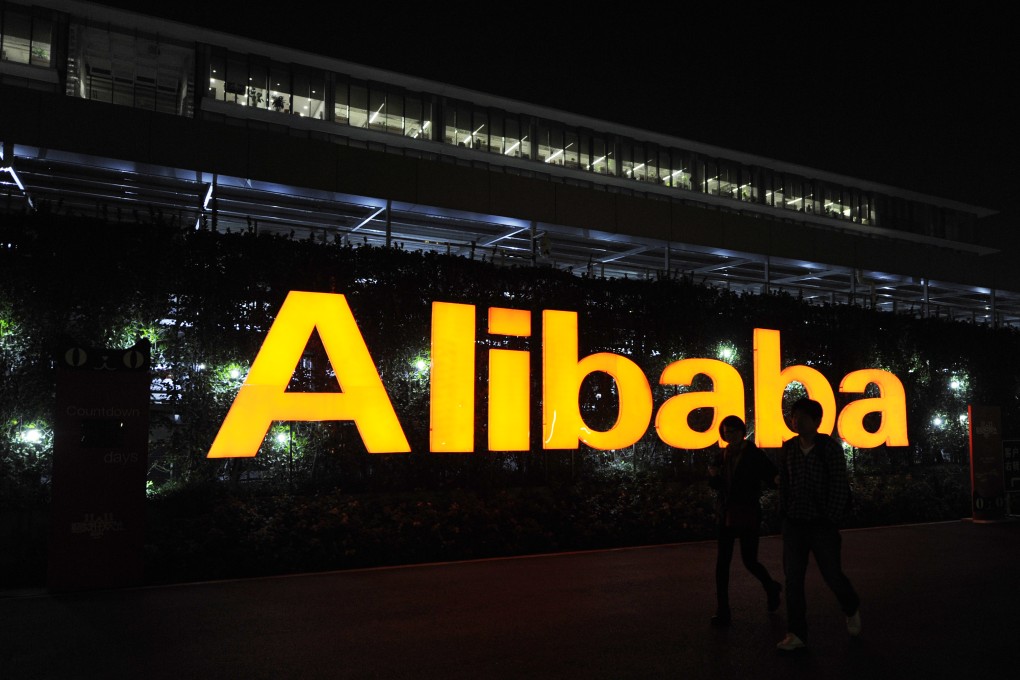Two big news stories were at the center of heated discussion in of the microblogging realm this past week, led by Alibaba's (NYSE: BABA) high profile dispute with one of China's main business regulators over accusations of being soft on piracy. At the same time, Tencent's (
0700.HK) roll-out of advertisements on its WeChat mobile messaging platform also drew lots of comments, as users were suddenly greeted with unsolicited messages in the popular Moments feature that functions much like Facebook's (Nasdaq: FB) newsfeeds.
Of course no weekly microblogging round-up would be complete without a mention of the media savvy Xiaomi, which was once again creating buzz after an embarrassing gaffe by global marketing chief Hugo Barra. That gaffe saw Barra use a politically incorrect version of a map of India in one of his presentations, showing India as the correct owner of parts of a disputed area of its long border with China.
The Alibaba saga was making global headlines for most of last week, so it seems like a good place to start our round-up of microblog chatter among major Chinese tech executives. The dispute centered on a report from China's State Administration For Industry and Commerce, which was highly critical of Alibaba after an audit revealed that nearly two-thirds of merchandise sold in its popular Taobao marketplace was fake.
Not surprisingly, Alibaba's major e-commerce competitors had a field day hurling criticism at their rival, accusing it of winning its market-dominating position through this unspoken alliance with the pirates. But Alibaba found at least one friend from an executive at telecoms giant ZTE (
0763.HK), who praised the company's unusually defiant reaction to the SAIC report.
The Alibaba detractors included Xu Xinquan, a senior vice president at JD.com (Nasdsaq: JD), Alibaba's biggest rival, and Li Bin, a vice president at Suning (Shenzhenn: 002024), which also operates a major e-commerce business. Li criticized Alibaba for lacking morals and its rogue
business ways, while Xu was accused Alibaba of
unfair competition. It's worth noting that the SAIC audit gave a much better score to JD than it did to Alibaba.
Other detractors included Duan Dong, a vice president at online classified ad site 58.com (NYSE: WUBA), who pointed out this kind of behavior was inappropriate for a company of Alibaba's stature as one of the world's most valuable
Internet companies. But the company did find at least one friend in ZTE cellphone executive Luo Hongping, who praised Alibaba for standing up to the the SAIC rather than just quietly accepting the agency's criticism like many other companies
might normally do.

